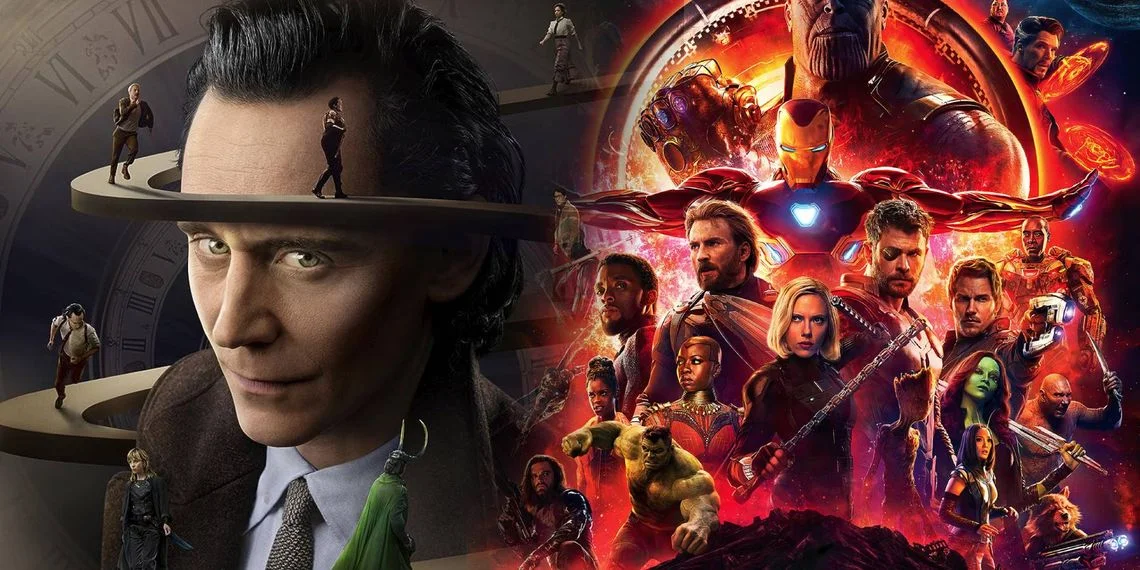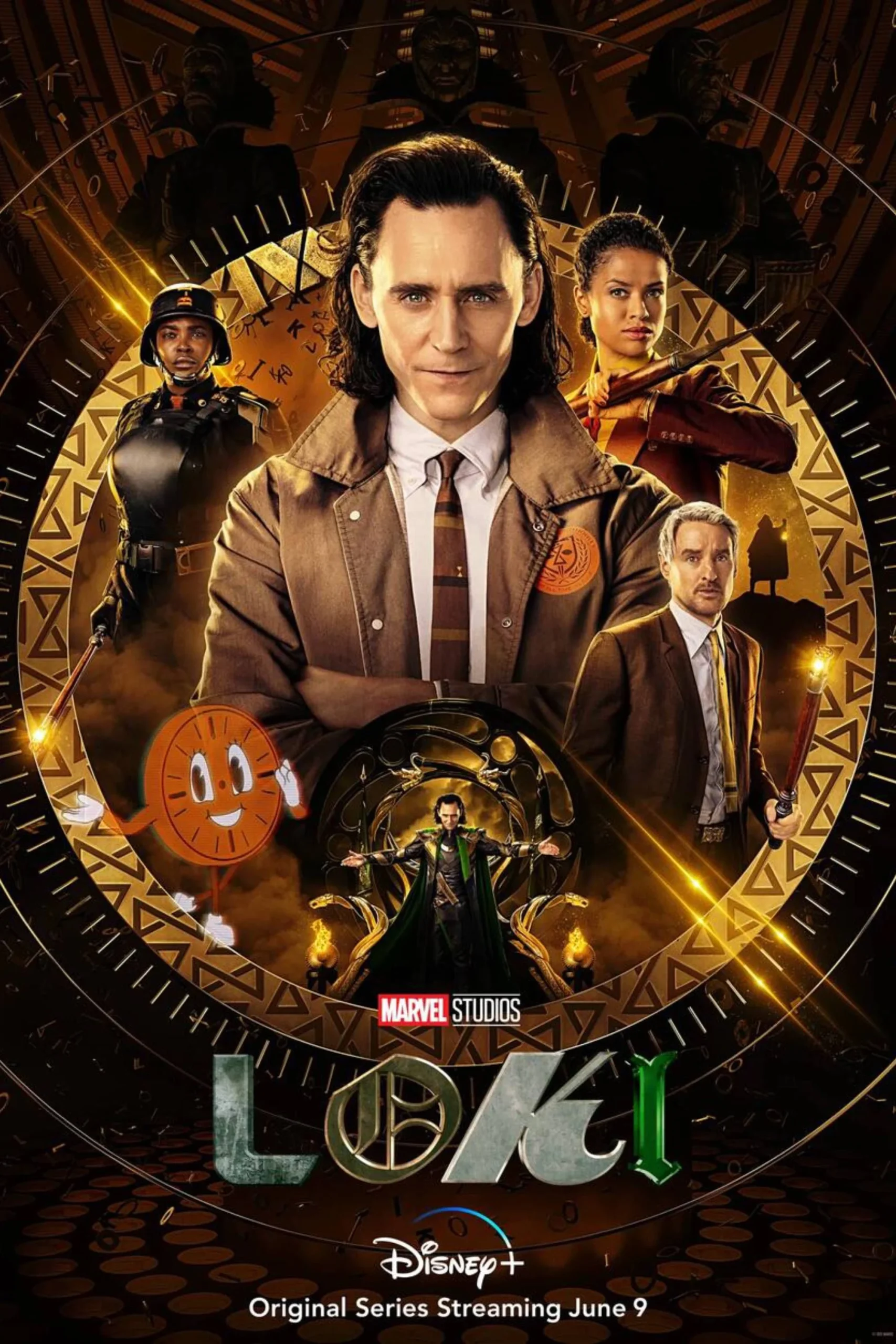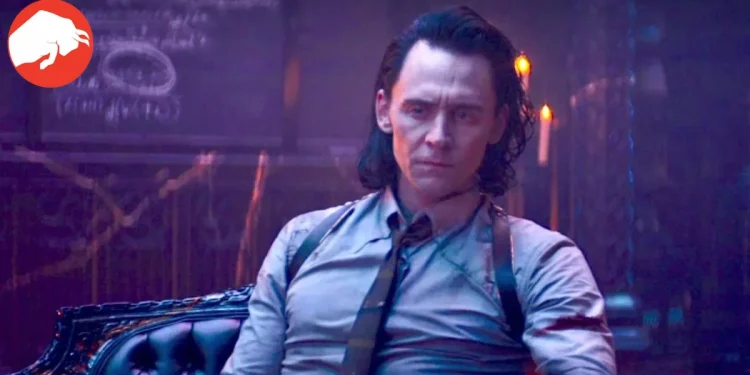The Intriguing Finale of Loki Season 2 and Its Implications
A Satisfying Yet Complex Conclusion
Marvel Studios’ “Loki” on Disney Plus has recently wrapped up its second season, leaving fans both satisfied and perplexed. The show, known for its time-bending narrative, presented a conclusion that was not only captivating but also indicative of a possible reshaping of the Marvel Cinematic Universe (MCU). Tom Hiddleston’s portrayal of Loki, undergoing a profound character evolution, culminates in his taking control of the timelines, a move from villainy to a position of altruistic power.
Loki’s Altruistic Ascension: A Game Changer for the MCU
Loki’s transformation from the franchise’s primary antagonist to a ruler with a noble cause represents one of the MCU’s most well-crafted character arcs. His realization about the fragility of reality and his subsequent decision to manage the timelines signifies a major shift in the narrative universe, suggesting that the established order of events in the MCU could be subject to change.

The Possibility of Iron Man’s Return: A Theoretical Doorway
Tom Hiddleston and Jimmy Fallon Discuss Time-Slipping
During an appearance on The Tonight Show With Jimmy Fallon, Tom Hiddleston engaged in a lively discussion about Loki’s newfound ability to time-slip, a power that could potentially alter key events in the MCU. Fallon raised the question of whether Loki could leverage this ability to revisit characters like Tony Stark/Iron Man. Hiddleston, ever the charismatic interviewee, acknowledged the intriguing possibilities opened up by Loki’s time manipulation.
The Implications of Time-Slipping in the MCU
Loki’s ability to traverse past, present, and future introduces a new dynamic to the ongoing saga. Initially thought to be a potential counter to Kang, Loki’s ascension to the keeper of the timelines could amplify his influence on the MCU’s fabric. This raises the prospect of revisiting and potentially altering significant moments, including the poignant sacrifices made by beloved characters.

Marvel’s Fluid Approach to Mortality and Its Consequences
Revisiting Death in the MCU
Marvel has a complex relationship with the concept of death, often providing impactful moments that resonate with audiences. However, with Loki now overseeing the timelines, the finality of certain events, including character deaths, might be up for reconsideration. Hiddleston himself noted the flexible nature of death in the MCU, hinting at potential narrative reversals.

The Debate Over Resurrecting Iconic Characters
The return of characters like Tony Stark, Black Widow, and Gamora presents a contentious issue. While comic book narratives often toy with the concept of mortality, certain deaths have served as critical narrative milestones in the MCU. The revival of these characters could potentially diminish the gravity of their initial departures and the emotional weight they carry.
Looking Ahead: The Future of the MCU Post-Loki
The conclusion of “Loki” Season 2 sets the stage for new possibilities in the Marvel Cinematic Universe. As fans speculate on the ramifications of Loki’s time-slipping abilities and his new role, the question remains: how will these developments impact the overarching narrative, and what surprises does the future hold for beloved characters? Only time, and perhaps Loki himself, will tell.
“Loki” Seasons 1 and 2 are currently available for streaming on Disney Plus, offering audiences a chance to delve into these compelling questions and witness the evolution of one of Marvel’s most iconic characters.









